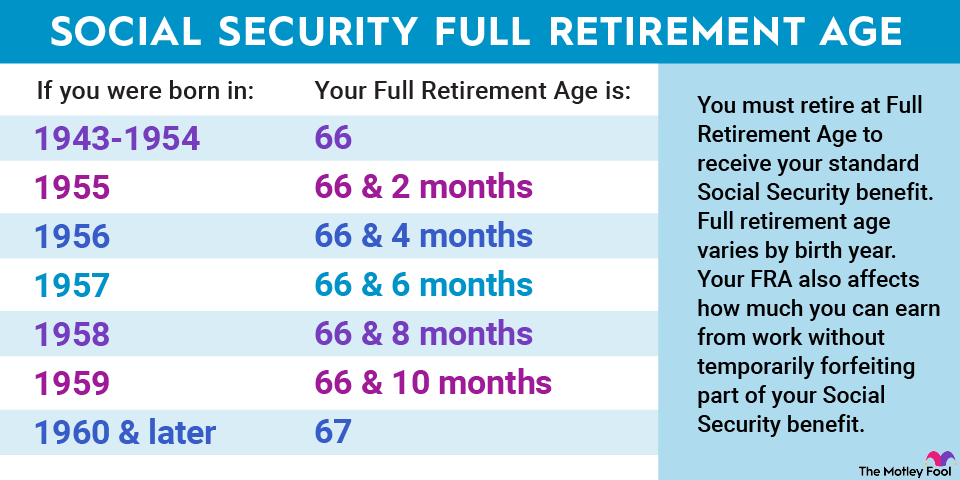Social Security has been one of the most important social programs in the U.S. for decades. For retirement specifically, it provides vital income to millions of Americans across the country. After years of paying Social Security taxes, beneficiaries reap the rewards with a financial safety net of sorts.
However, these benefits aren’t restricted only to people who worked and paid taxes over the years. For example, Social Security allows spousal benefits to support non-working or low-earning spouses in retirement. For any couple that is nearing or in retirement and putting financial plans in place, here are three things they should know about Social Security spousal benefits.
1. How Social Security spousal benefits work
Social Security typically calculates a recipient’s monthly benefits using a formula that factors in their 35 highest-earning years of income. But a spouse can receive Social Security benefits based on their partner’s earning record if they’re at least 62 years old or caring for a child under 16 or with a disability.
Assuming the person claiming spousal benefits is at full retirement age, they’re eligible to receive 50% of their spouse’s primary insurance amount too.
For example, if spouse A’s earnings record gives them a monthly benefit of $2,000 at their full retirement age, spouse B could receive up to $1,000 monthly as well. The exact amount will depend on the age at which spouse B claims benefits.
2. The impact of claiming benefits early or late
Your full retirement age is one of the most important numbers related to Social Security because it tells you when you’re eligible to receive your primary insurance amount. However, you don’t have to claim benefits at your full retirement age; you can claim them early (which reduces your payout) or delay (which increases your payout).
Claiming Social Security benefits early affects a spouse and their partner receiving spousal benefits in different ways.
Looking first at the person claiming based on their work record, their benefits are reduced by 5/9 of 1% each month before their full retirement age, up to 36 months. Each month after that further reduces benefits by 5/12 of 1%. Here’s an example: Someone with a full retirement age of 67 who claims benefits at 62 will see their monthly benefit reduced 30% from their primary insurance amount.
For the person receiving spousal benefits, benefits are reduced by 25/36 of 1% each month before their full retirement age, up to 36 months, and then they go down 5/12 of 1% each month thereafter. So a person with the same full retirement age (67) claiming spousal benefits at 62 would see their checks reduced 35%.
Although benefits typically increase if you wait beyond your full retirement age, these delayed retirement credits don’t apply to spousal benefits.
3. What happens if a spouse passes away
Social Security spousal and survivors benefits can be closely linked as the latter extends critical financial assistance after a partner has passed away.
If you’re claiming spousal benefits when your partner passes away, Social Security will convert your spousal benefits to survivors benefits. Survivors benefits make you eligible to receive up to 100% of your deceased spouse’s benefit, including any delayed retirement credits they earned prior to their passing. A widow or widower can begin receiving survivors benefits at age 60 (50 if dealing with a disability), but as in the case with spousal benefits, they’ll be reduced if claimed before full retirement age.
You can’t simultaneously receive spousal and survivors benefits, only whichever is higher. Since spousal benefits max out at 50% of the partner’s primary insurance amount, survivors benefits are typically the higher-paying option.
The $21,756 Social Security bonus most retirees completely overlook
If you’re like most Americans, you’re a few years (or more) behind on your retirement savings. But a handful of little-known “Social Security secrets” could help ensure a boost in your retirement income. For example: one easy trick could pay you as much as $21,756 more… each year! Once you learn how to maximize your Social Security benefits, we think you could retire confidently with the peace of mind we’re all after. Simply click here to discover how to learn more about these strategies.
The Motley Fool has a disclosure policy.
Spousal Social Security Benefits: 3 Things All Retired Couples Should Know was originally published by The Motley Fool









